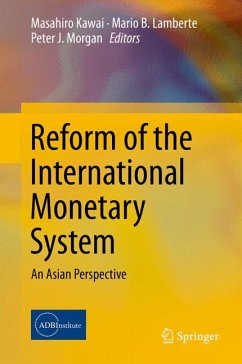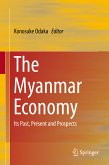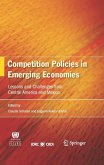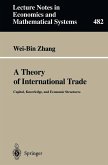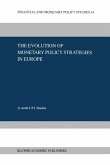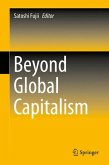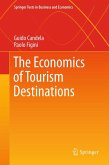The recent global financial crisis and its aftermath, including the sovereign debt and banking crisis in Europe, are key drivers of the current policy debate on the international monetary system. The crisis highlighted a number of weaknesses of the current international monetary system including over-reliance on the US dollar as the key currency for international transactions, the vulnerability of emerging economies to volatile international capital flows, and the lack of a reliable international financial safety net. Another important development is the potential development of the yuan as a global reserve currency.
One area of debate surrounds the search for alternative international reserve currencies to supplement the role of the US dollar as the preeminence of the United States in the global economy is being gradually eroded. A second question relates to the management of monetary and currency policy in the presence of large and volatile capital flows. A third issue is the need for a global financial safety net and the role that regional financing arrangements can play in it. A fourth topic is the need for institutional support mechanisms to make a common, single currency system (such as the eurozone) viable, including fiscal policy coordination and banking union. A fifth important question is the value of soft currency cooperation at a regional level where economies are highly interdependent as in the case of Asia.
This volume brings together studies that address aspects of reform of the international monetary system noted above. Many of the studies have a specific focus on Asia, while others address such diverse areas as the implications of the eurozone crisis, reforms of the international monetary system, and cooperation of regional and global safety nets. Given that the period of very low interest rates and sluggish growth in the major developed economies is likely to persist for some time, these conditions will tend to support continued large-scale capital outflows to Asian and other emerging economies. Therefore, the topics covered in the book are both urgent and timely.
Masahiro Kawai is professor, Graduate School of Public Policy, Tokyo University, and was dean and CEO of the Asian Development Bank Institute from 2007 to 2014. Mario B. Lamberte is team leader, COMPETE Project, The Asia Foundation, Makati City, Philippines, and was director of research at the Asian Development Bank Institute from 2007 to 2012. Peter J. Morgan is senior consultant for research, Asian Development Bank Institute, Tokyo, Japan.
One area of debate surrounds the search for alternative international reserve currencies to supplement the role of the US dollar as the preeminence of the United States in the global economy is being gradually eroded. A second question relates to the management of monetary and currency policy in the presence of large and volatile capital flows. A third issue is the need for a global financial safety net and the role that regional financing arrangements can play in it. A fourth topic is the need for institutional support mechanisms to make a common, single currency system (such as the eurozone) viable, including fiscal policy coordination and banking union. A fifth important question is the value of soft currency cooperation at a regional level where economies are highly interdependent as in the case of Asia.
This volume brings together studies that address aspects of reform of the international monetary system noted above. Many of the studies have a specific focus on Asia, while others address such diverse areas as the implications of the eurozone crisis, reforms of the international monetary system, and cooperation of regional and global safety nets. Given that the period of very low interest rates and sluggish growth in the major developed economies is likely to persist for some time, these conditions will tend to support continued large-scale capital outflows to Asian and other emerging economies. Therefore, the topics covered in the book are both urgent and timely.
Masahiro Kawai is professor, Graduate School of Public Policy, Tokyo University, and was dean and CEO of the Asian Development Bank Institute from 2007 to 2014. Mario B. Lamberte is team leader, COMPETE Project, The Asia Foundation, Makati City, Philippines, and was director of research at the Asian Development Bank Institute from 2007 to 2012. Peter J. Morgan is senior consultant for research, Asian Development Bank Institute, Tokyo, Japan.
Dieser Download kann aus rechtlichen Gründen nur mit Rechnungsadresse in A, B, BG, CY, CZ, D, DK, EW, E, FIN, F, GR, HR, H, IRL, I, LT, L, LR, M, NL, PL, P, R, S, SLO, SK ausgeliefert werden.

